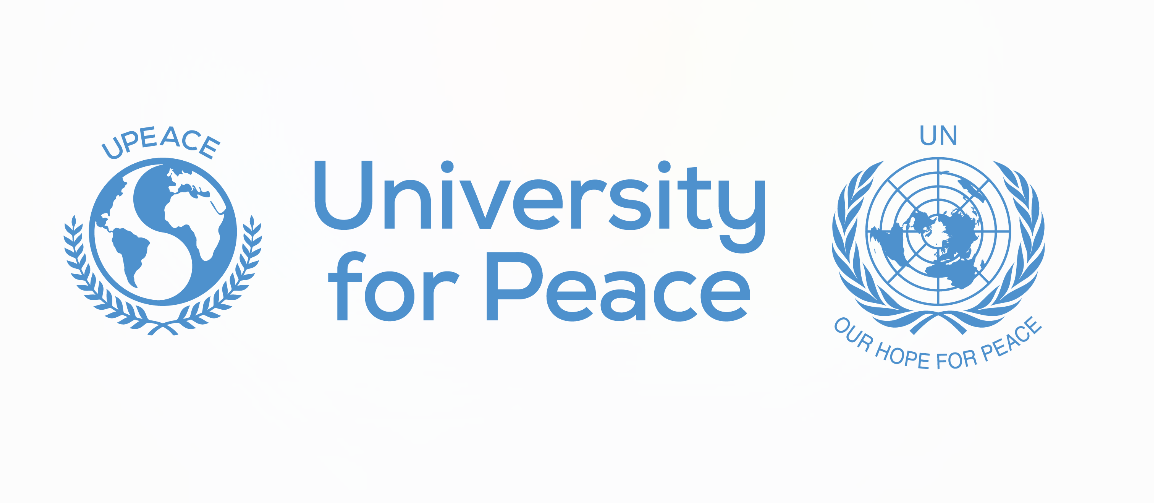
MIU & THE UNITED NATIONS UNIVERSITY FOR PEACE (UPEACE)
Professional Certificate Course in Human Rights, Peacekeeping and Multicultural Awareness
Created by UN General Assembly Resolution 35/55, the University for Peace has been training leaders for peace for the past four decades. It is a unique global academic institution with over 2,000 Alumni hailing from more than 120 nations. Through its Master’s and Doctoral degree programmes,
UPEACE trains future leaders to explore and formulate strategies and practices in various contexts to address the causes of multiple problems affecting human and global wellbeing, and thus contribute to the processes of peacekeeping and peace-building.
UPEACE X MIU Professional Certificate Course in Human Rights, Peacekeeping and Multicultural Awareness
This course, led by Professor Kenneth Omeje, a Visiting Professor at the Institute for Peace and Security Studies in Addis Ababa University and the University for Peace Addis Ababa Programme (UPEACE), leverages his over 25 years of expertise in Peace and Conflict Studies.
The course comprises three modules: Human Rights; Human Rights and Peacekeeping; and Multicultural Awareness and Peacebuilding. Participants may enroll in one, two, or all three modules. Each module takes two months to complete, with the full course spanning six months. Upon completion, students receive certificates and, if all three modules are completed, a transcript with transferrable credits.
The course is suitable for practitioners, graduates, and post-graduate students aiming for careers in international organizations, public service, regional institutions, and civil societies.
Study mode:
Virtual
Duration:
2 months per module; 6 months for all three.
Fees:
US $400 per module; $20 registration fee.
Certificate Courses
Each certificate corresponds to one module of the programme.
Human Rights
The international human rights system has become an important part of the legal, moral, and political landscape. Human rights talk is everywhere: it is the language we use to express our needs, our desires, and what we see as our entitlements. It provides a way for us to think about tragic events, a lens through which to view and critique our society, and a set of aspirations that make up the core of liberal ideology. This course is intended to be a short guide through the “babble of international instruments” that make up the text of human rights theory and practice.
Human Rights for Peacekeepers
Peace operation's personnel must avoid committing violations or harming the population by abusing their power or simply by not observing peace operations' guidance. By applying human rights in their work, they can protect the conflict-affected population and particularly individuals and groups most at risk, build the capacity of national actors and empower civil societies and marginalized groups.
Multicultural Awareness
Peace workers will often confront culturally challenging situations, due to the nature of their work. It is imperative that peace workers understand and are able to work in environments that are fundamentally different from their own. The objective of this course is to help build the capacity of peace workers to be sensitive and respectful of diversity and to enable them to better themselves within different cultural contexts.